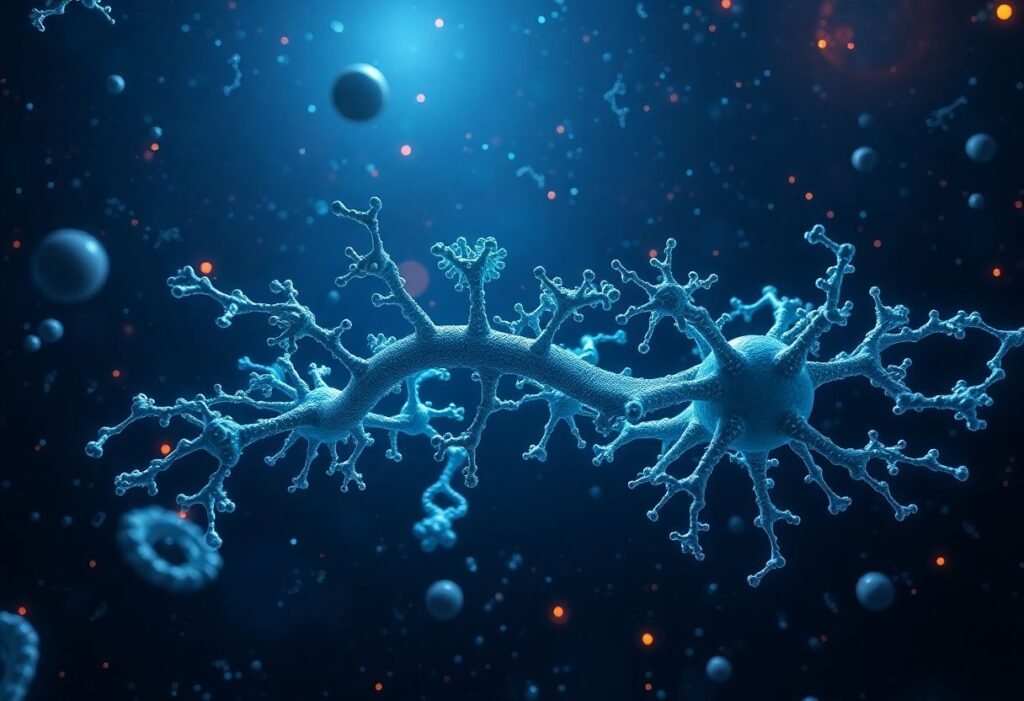The future of biotechnology in space exploration holds immense potential for innovation, paving the way for discoveries that could redefine our understanding of life beyond Earth.
The Role of Biotechnology in Space Missions
Biotechnology is becoming increasingly integral to space missions, where the challenges of living in extraterrestrial ecosystems demand innovative solutions. Space agencies are exploring genetic modifications to create crops that can thrive in the harsh conditions of Mars or the Moon. This is critical not only for potential colonization efforts but also for long-term sustainability in space habitats. By harnessing the power of synthetic biology, scientists aim to engineer organisms that can provide vital resources like food and oxygen, effectively transforming how we envisage living in space.
Innovations in Bioengineering for Extraterrestrial Life
The pursuit of bioengineering extends beyond agriculture; it encompasses the creation of bioreactors that can function in microgravity. These reactors can produce essential materials and medicines in space, significantly reducing the need for resupply missions from Earth. Innovations in this field may lead to the development of microorganisms capable of bioremediation to counteract the effects of pollution in extraterrestrial environments. The synergy between biotechnology and space exploration catalyzes not only survival but the enhancement of life in alien ecosystems.
Biotechnology and Human Health in Space Exploration
The impact of long-duration space missions on human health is profound. Research on biotechnology offers solutions to combat the adverse effects of microgravity on the human body, such as muscle atrophy and bone density loss. Bioengineered solutions such as targeted gene therapies can potentially mitigate these health risks. Moreover, understanding how microorganisms behave in space can provide insights into pathogen control, ensuring astronaut health remains a top priority during missions that may last years.
The Economic Impact of Biotechnology in Space
The intersection of biotechnology and space exploration is not just scientific; it’s also a burgeoning economic sector. Investments in this field are projected to grow as the demand for sustainable practices escalates. Startups focusing on the development of biotechnology-driven solutions for space applications are emerging, indicating a shift in how we view space as a viable sector for innovation. This could lead to job creation and the establishment of a new market for extraterrestrial bioproducts.
Collaborations Between Government and Private Sector
The future of biotechnology in space exploration hinges on collaborations between governmental space agencies and private biotechnology firms. By working together, these entities can share knowledge and resources vital for overcoming the unique challenges posed by space. Initiatives such as creating biological payloads for commercial space travel are already in progress, indicating the potential for a thriving ecosystem that supports innovation in this discipline.
Ethical Considerations in Biotechnological Innovations
As we delve deeper into the realm of biotechnology in space, ethical considerations become paramount. The potential for genetic engineering raises questions about the implications of altering organisms for extraterrestrial conditions. We must conduct thorough assessments to ensure that our innovations do not disrupt ecological balances. Open discussions about these ethical dilemmas will shape the responsible direction of biotechnology in space and its applications on Earth.
Disclaimer: This article is for informational purposes only and does not constitute professional advice.





















